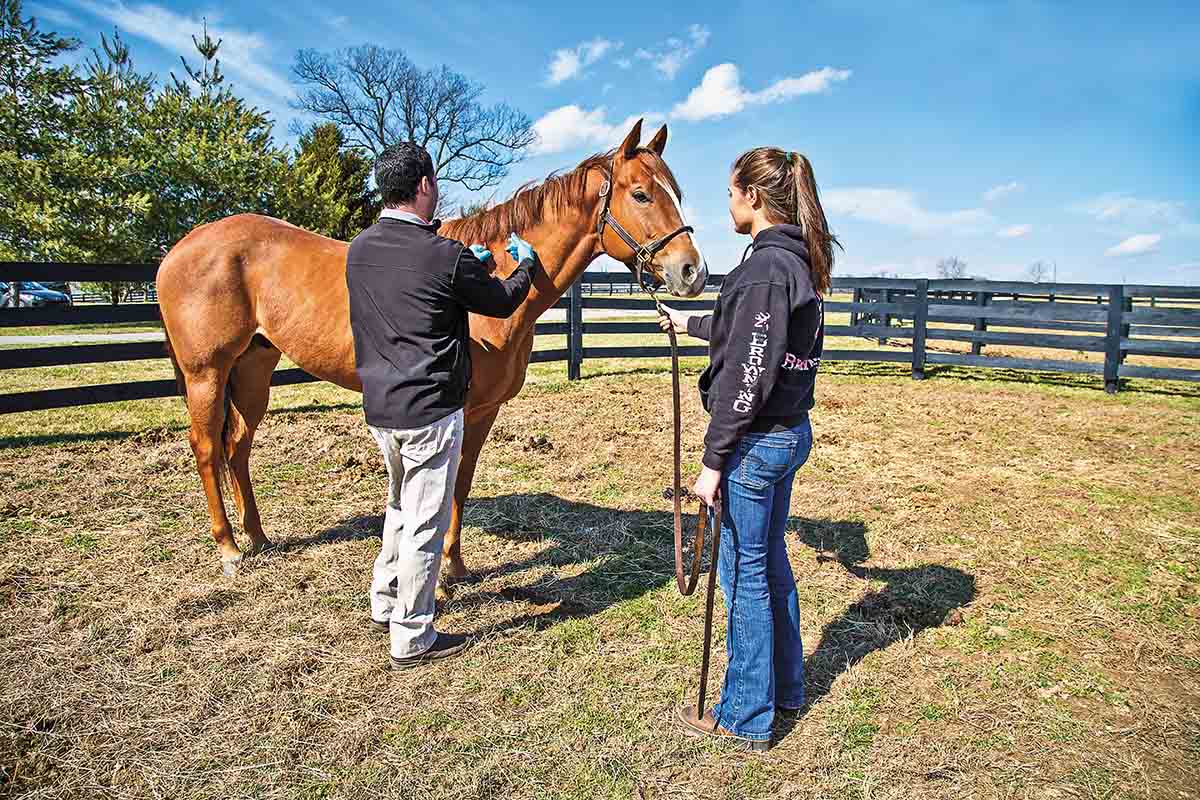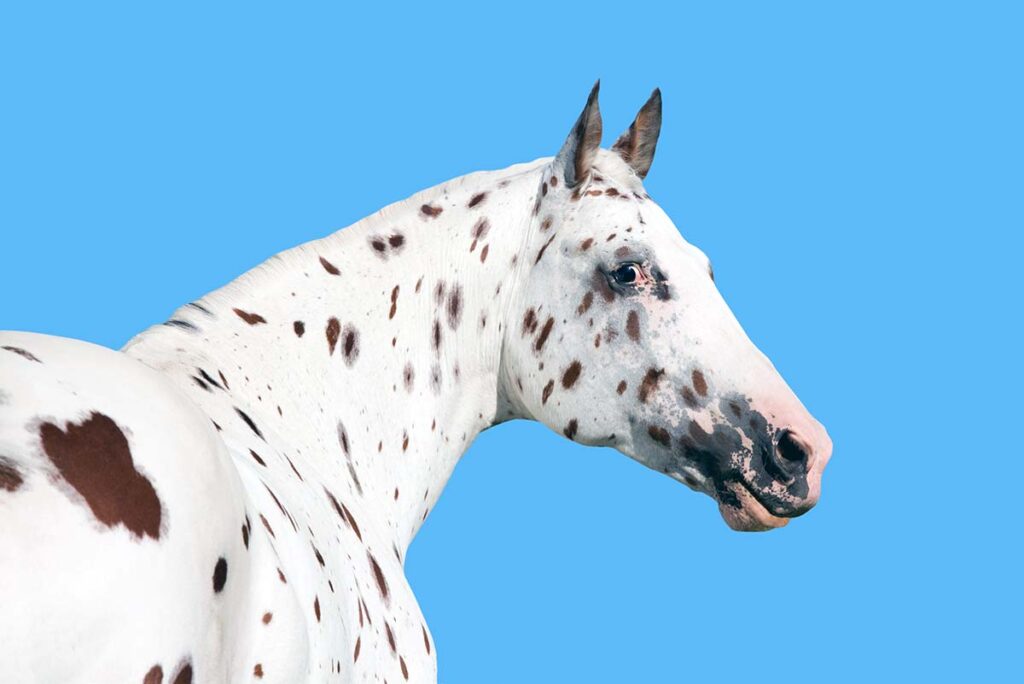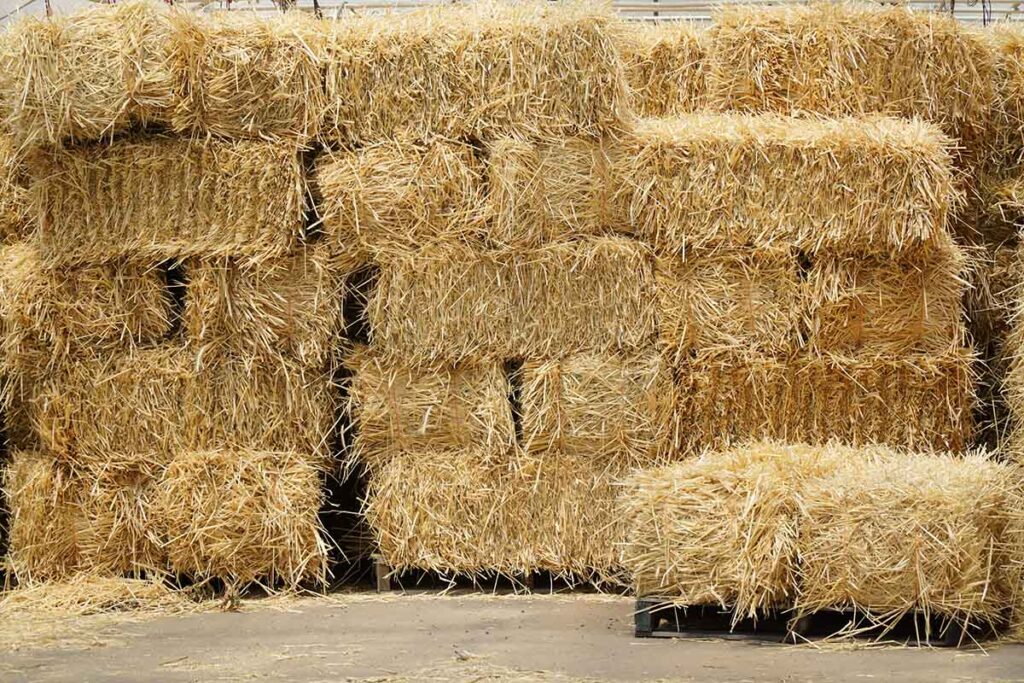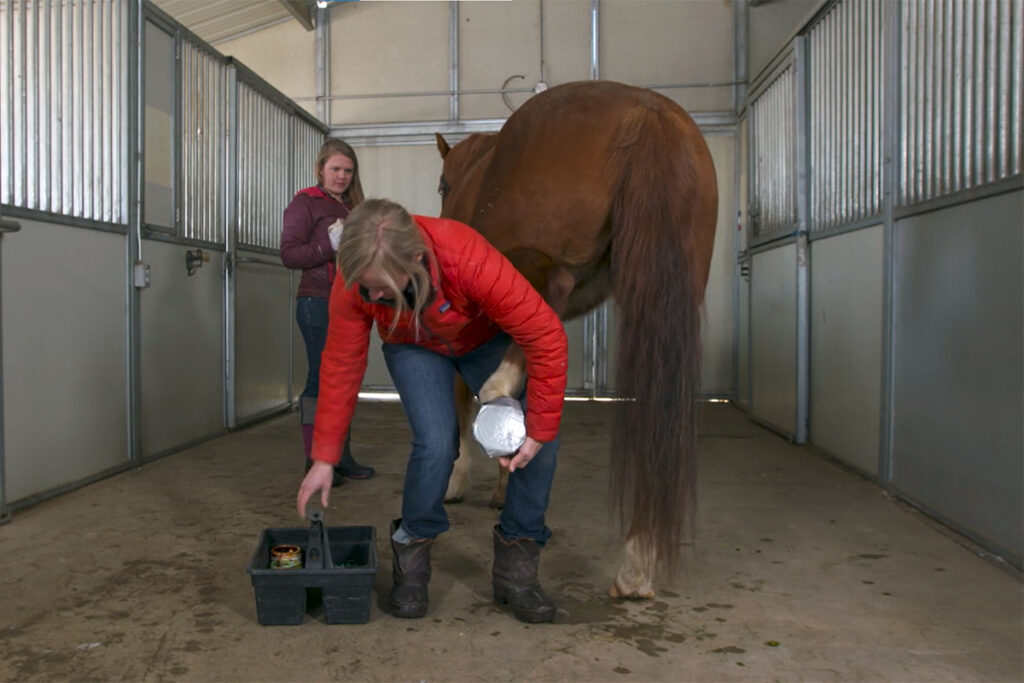Vaccinations play a critical role in protecting your horse from potentially life-threatening illnesses. They’re relatively inexpensive safeguards for your horse’s health – a couple of hundred dollars per year in vaccines beats a several-thousand-dollar veterinary bill to treat an infectious disease any day.
Horses are susceptible to various diseases, many of which you might not be familiar with. Plus, different types of horses and geographic regions warrant different vaccines. You might be wondering then, which vaccines does your horse need and how often should they be administered? While your equine veterinarian is your best resource for horse vaccination recommendations, we’ve created a comprehensive chart and glossary of terms to help you get started.
Equine Disease Terms to Know
Here are some of the equine diseases for which vaccines are available and why it’s important we try to prevent them:
- Anthrax – A fatal disease following ingestion of Bacillus anthracis spores.
- Botulism – A potentially fatal disease caused by a neurotoxin produced by the bacterium Clostridium botulinum; it targets the neuromuscular nerve endings.
- Eastern and Western equine encephalomyelitis (EEE/WEE) – A potentially fatal mosquito-borne disease that causes Inflammation of the brain and spinal cord.
- Equine herpesvirus-1 and -4 (EHV-1&4) – Inflammatory disorder of the brain and spinal cord.
- Equine influenza – An important viral respiratory disease of horses.
- Equine viral arteritis (EVA) – Contagious viral disease of horses causing fever, ocular and respiratory signs, fluid distension or swelling of the limbs, and abortion.
- Leptospirosis – A bacterial disease that can cause abortion and the eye disease uveitis.
- Potomac horse fever (PHF) – An aquatic-insect-borne gastrointestinal disease characterized by high fever, colitis (inflammation of the large intestine), diarrhea, and dehydration.
- Rabies – A fatal viral disease characterized by neurologic dysfunction.
- Rotavirus – A major contagious cause of foal diarrhea.
- Strangles – A highly contagious bacterial disease characterized by inflammation of the pharyngeal mucous membranes, with swelling, inflammation, and abscess formation in the associated lymph nodes.
- Tetanus – An often-fatal disease caused by a neurotoxin and characterized by violent muscle spasms and contractions, hyperreflexive responses, and “lockjaw.”
- West Nile virus (WNV) – A potentially fatal mosquito-borne disease that causes neurologic and other signs.
Core Horse Vaccinations
Veterinarians recommend nearly all adult horses receive the core equine vaccines: tetanus, Eastern and Western equine encephalomyelitis (EEE/WEE), West Nile virus (WNV), and rabies.
| What Horses Need It? | How Many Times a Year? | Special Considerations | |
| Tetanus | All horses | Once annually, after an initial 2-dose series at a 4- to 6-week interval. | Revaccinate horses that sustain a wound or undergo surgery 6 or more months after their previous tetanus booster. |
| EEE/WEE | All horses | Once annually, after an initial 2-dose series at a 4- to 6-week interval. | Vaccinate high-risk horses in areas with year-round vectors (e.g., mosquitoes) 2-3 times yearly. |
| WNV | All horses | Once annually, after an initial 2-dose series at a 4- to 6-week interval. | Vaccinate high-risk horses in areas with year-round vectors (e.g., mosquitoes) twice yearly. |
| Rabies | All horses | Once annually. |
Risk-Based Horse Vaccinations
Veterinarians recommend the following risk-based vaccines depending on the horse’s region, population, age, and disease risk.
| What Horses Need It? | How Many Times a Year? | Special Considerations | |
| Anthrax | Those pastured in areas where alkaline soil conditions favor the disease-causing organism. | Once annually, after an initial 2-dose series at a 3- to 4-week interval. | Veterinarians do not recommend vaccinating pregnant mares. |
| Botulism | Pregnant mares in Kentucky and the mid-Atlantic seaboard states and horses consuming large round hay bales, haylage, or silage. | Once annually, after an initial 3-dose series at 4-week intervals. | This vaccine is only effective against botulism type B, which occurs in spoiled hay and haylage. It does not protect against botulism type C, which occurs when hay/feed is contaminated with animal remains. |
| EHV-1&4 | Horses on breeding farms or in contact with pregnant mares, horses younger than 5, and performance horses or those commingling with other equine populations. | Every six months, after an initial 3-dose series at 4- to 6-week intervals. | Veterinarians recommend vaccinating pregnant mares during Months 5, 7, and 9 of gestation. |
| EVA | All stallions and breeding stock. | Annually. | Isolate vaccinated horses for three weeks to avoid virus shedding. |
| Influenza | Horses younger than 5 and those in frequent contact with large numbers of horses. | Every six months, after an initial 3-dose series at 4- to 6-week intervals. | Pregnant mares and foals require different vaccination schedules, so work with your veterinarian to vaccinate these classes. |
| Leptospirosis | Horses over 6 months of age. | Annually, after an initial two-dose series at three- to four-week intervals. | Safe for pregnant mares in their second trimester. |
| PHF | Horses on farms or in geographic areas where PHF has been confirmed. | Every six to 12 months, depending on risk factors, after an initial 2-dose series at 3- to 4-week intervals. | Time vaccination to precede the anticipated peak challenge period of summer and fall. |
| Rotaviral diarrhea | Pregnant mares. | A three-dose series at Months 8, 9, and 10 of gestation. | |
| Snakebite | Horses living in or traveling to regions where exposure risk to venomous snakes justifies usage. | Every six months, after an initial 3-dose series at one-month intervals. | Have your veterinarian contact the vaccine manufacturer regarding use in pregnant mares and foals younger than 6 months. |
| Strangles | Horses on premises where strangles is endemic, and horses traveling and comingling with horses of unknown history. | Every six to 12 months, depending on risk factors, after an initial 2-dose series at 3-week intervals. | Vaccination is not recommended during a strangles outbreak. |
Take-Home Message
While vaccination helps reduce your horse’s disease risk and severity, it does not prevent disease in all circumstances and without accompanying management practices. Work with your veterinarian to customize the ideal vaccination protocol for your horse.
This information originally ran on TheHorse.com.
Are you enjoying this content? Sign up for My New Horse’s FREE newsletter to get the latest horse owner info and fun facts delivered straight to your inbox!









